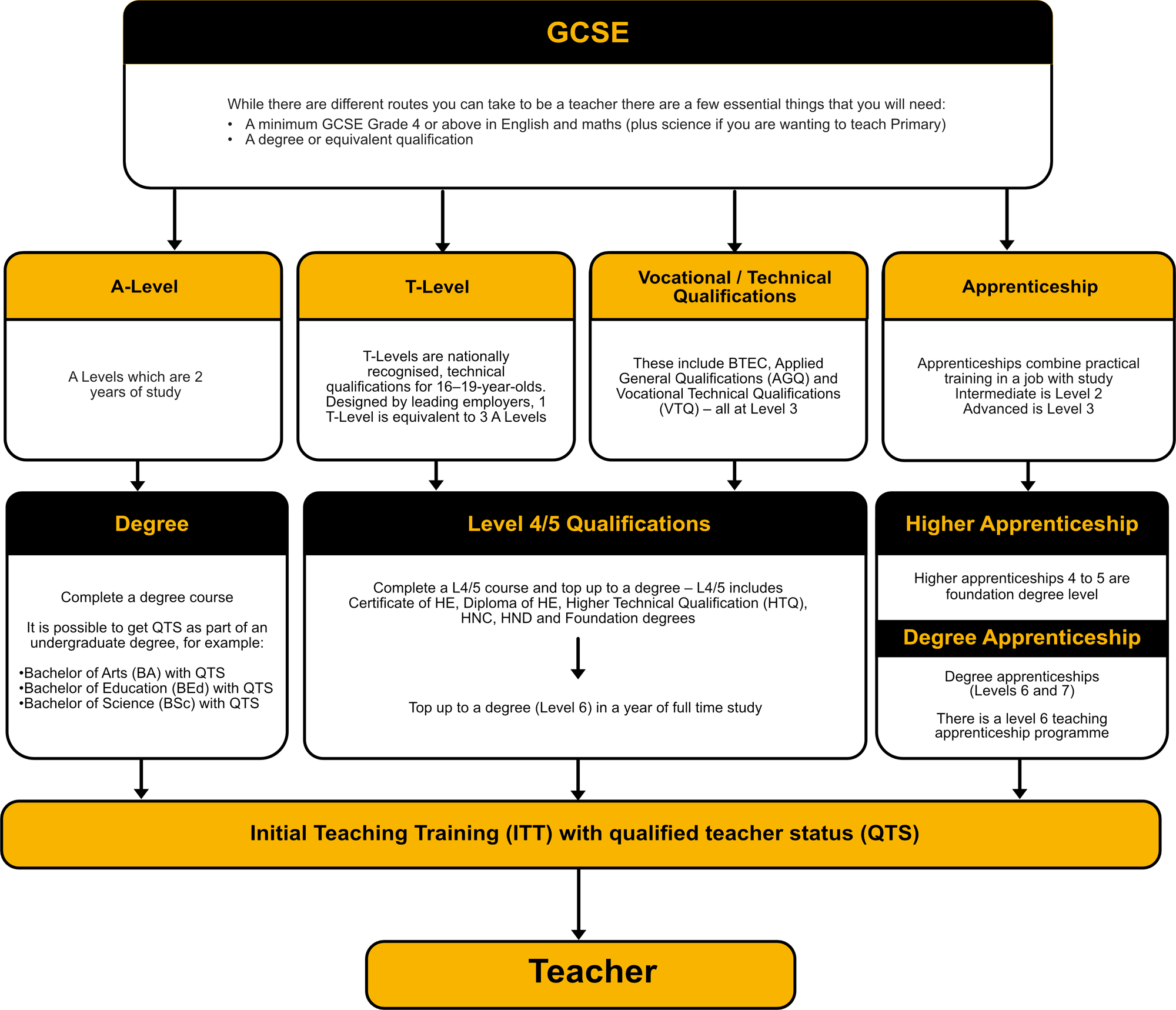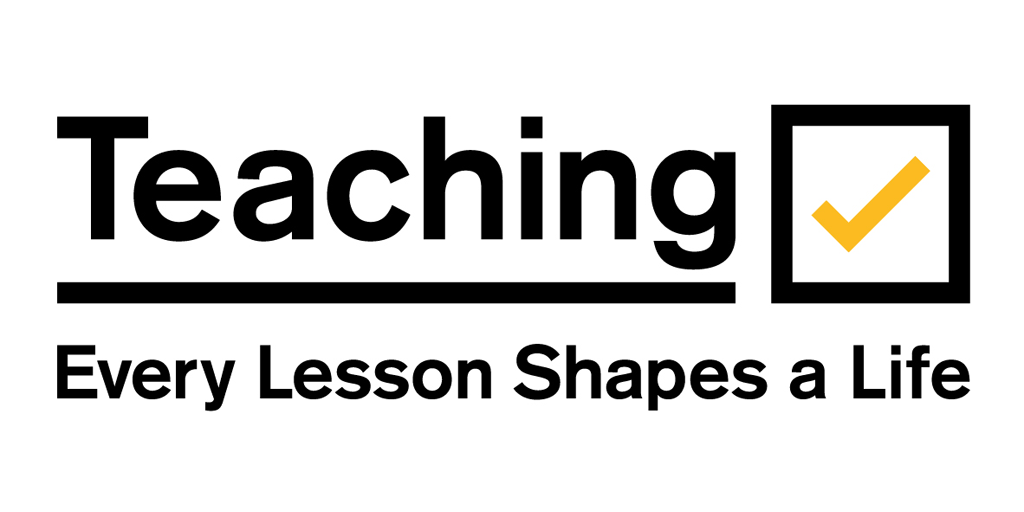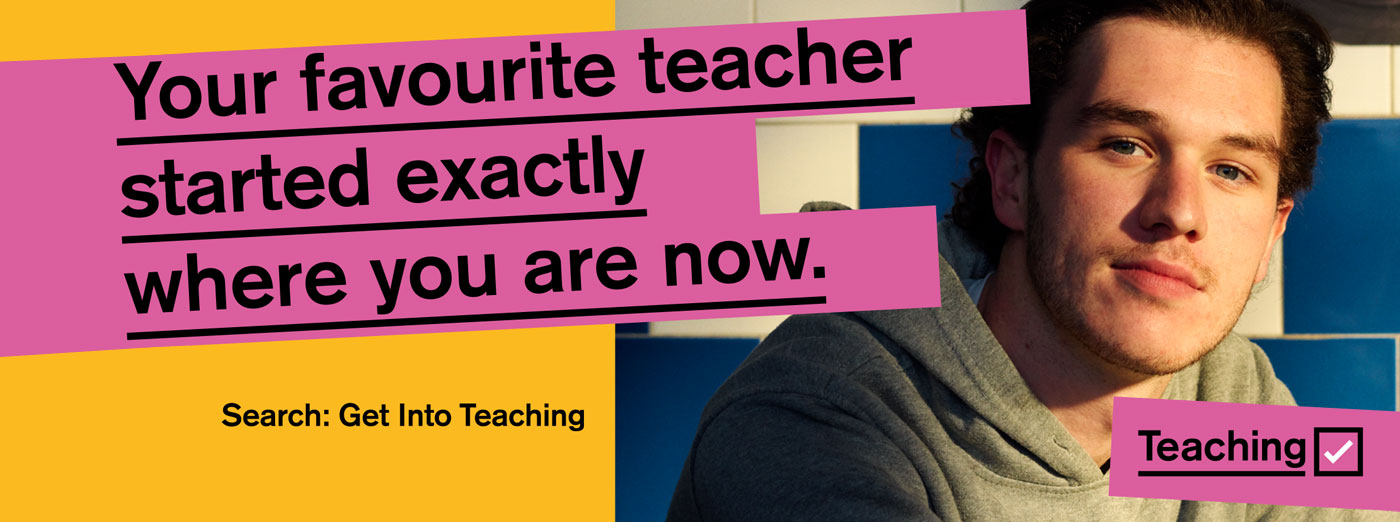
How to get into teaching after your GCSEs #GetIntoTeaching
If you want to get into teaching for a rewarding career, there are lots of different routes and qualifications you can take after GCSEs. Take a look!
Do you need a degree to become a teacher?
Train to teach if you do not have a degree
You need a bachelor’s degree to train to teach in primary, secondary and special schools in England. This does not have to be in teaching.
If you do not already have one, you can train to be a teacher as part of your bachelor’s degree and get qualified teacher status (QTS).
QTS is what you need to teach in maintained primary, secondary and special schools in England (schools funded by local authorities).
Degree courses that include QTS typically cost £9,250 per year and can take up to 4 years but you can get funding for your training.
Qualifications vary depending on the course. For example, you could get QTS with a:
- Bachelor of Arts (BA)
- Bachelor of Education (BEd)
- Bachelor of Science (BSc)
Find out more about the qualifications you need to be a teacher in England.
If you’re a non-UK citizen who wants to study in England, you can visit the UK Council for International Student Affairs for information about studying at an English university.
Entry requirements
You must have achieved the following minimum requirements to be eligible to apply for Postgraduate Teaching Apprenticeship programmes:
- You’ll need to hold a degree awarded by a UK higher education provider, or a recognised equivalent qualification.
- You’ll need to have achieved a standard equivalent to grade C/4, or above, in the GCSE examinations in English and mathematics.
- If you intend to train to teach pupils aged three to 11 (early years and primary), you must also have achieved a standard equivalent to a grade C/4, or above, in a GCSE science subject examination.
Some training providers may also have specific entry criteria.
Check the details of the training programme when searching for courses, to establish if it matches your qualifications and experience.
As teaching involves working with children on a daily basis, there are also some non-academic requirements you’ll need to meet.



